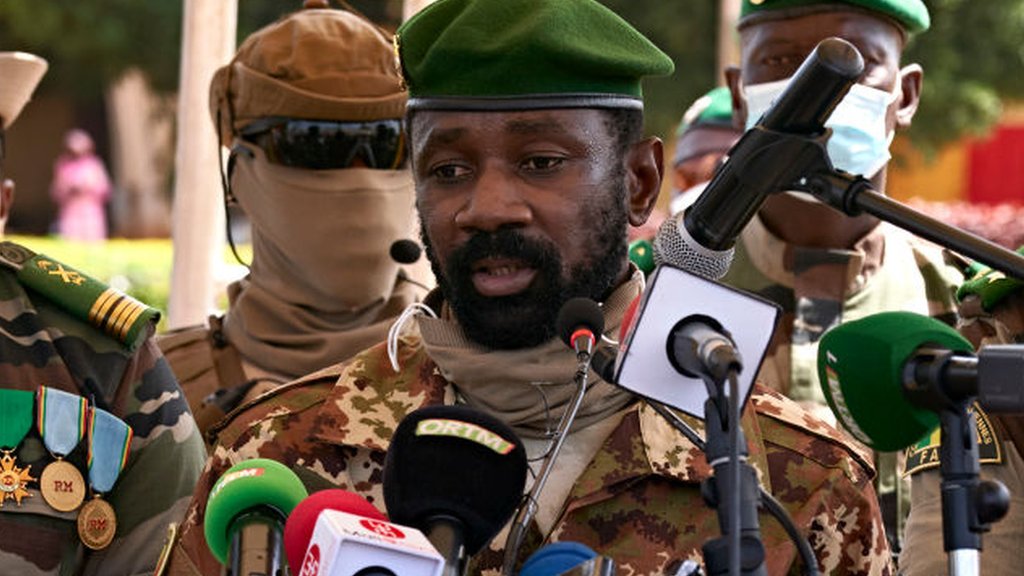Mali’s transitional cabinet has officially endorsed a proposal to extend the leadership of Colonel Assimi Goïta for a renewable five-year term, further entrenching his role in the country’s shifting political and regional landscape. The decision, made in June 2025, still requires ratification by the National Transitional Council, Mali’s current legislative body.
Colonel Goïta, who has led Mali since seizing power in a 2020 coup that ousted President Ibrahim Boubacar Keïta, remains a highly influential figure. His rise to prominence was largely driven by growing public dissatisfaction with government corruption, insecurity, and foreign interference—particularly from former colonial power France and regional bloc ECOWAS (Economic Community of West African States).
Since taking office, Goïta has positioned himself as a champion of national sovereignty. His administration has pushed Mali in a new geopolitical direction, pulling out of long-standing partnerships with France and distancing itself from ECOWAS. Instead, Mali has forged closer ties with Burkina Faso and Niger, forming the Alliance of Sahel States (AES) in 2023.
The AES, often seen as an anti-Western bloc, has prioritized military self-reliance, regional security cooperation, and resistance to what its leaders call neo-colonial influence. Under Goïta’s leadership, Mali has emphasized local solutions to security challenges, especially in fighting jihadist groups that have destabilized much of the Sahel region.
The proposed five-year renewable mandate is widely seen as a strategic move to give Goïta more time to carry out sweeping reforms. Supporters argue that the country needs continuity and strong leadership as it navigates complex regional dynamics and rebuilds critical institutions. They believe the proposal reflects the will of the people, many of whom view Goïta as a stabilizing force amid regional upheaval.
Goïta, a military officer with a background in special operations, led several key missions before assuming political power. His role in joint military actions and anti-insurgency operations has earned him both domestic respect and criticism abroad. His administration has also sought partnerships with non-traditional allies, including Russia and Turkey, for defense and development support.
However, critics—both local and international—have raised concerns about democratic backsliding and delayed promises to return to civilian rule. Initially, Goïta’s government pledged to hand over power through democratic elections, but those deadlines have since been pushed back. Opposition groups and civil society organizations have expressed fears that the proposed term extension could further entrench military rule.
Despite these concerns, many Malians appear to back the cabinet’s decision, citing ongoing insecurity, weak institutions, and a lack of viable political alternatives. Public opinion surveys and street interviews often reflect a sense of pragmatism: while democracy remains a long-term goal for many, immediate stability and sovereignty are seen as more pressing needs.
The final approval of the term extension lies with the National Transitional Council, which has previously aligned with Goïta’s leadership direction. If the proposal is ratified, it would mark a significant milestone in Mali’s political transition and could redefine governance patterns in the broader West African region.
The development also sends a strong message to international stakeholders: Mali, under Goïta, intends to set its own course, regardless of external pressure. The move may further complicate Mali’s relations with ECOWAS and the African Union, which have both emphasized the importance of timely transitions and constitutional rule.
Observers will be closely watching the council’s vote and any possible public response, especially from youth and urban groups that were active during previous political protests. Whatever the outcome, Colonel Goïta’s political trajectory represents a pivotal shift in Mali’s post-coup era—a blend of military leadership, populist nationalism, and regional realignment.
